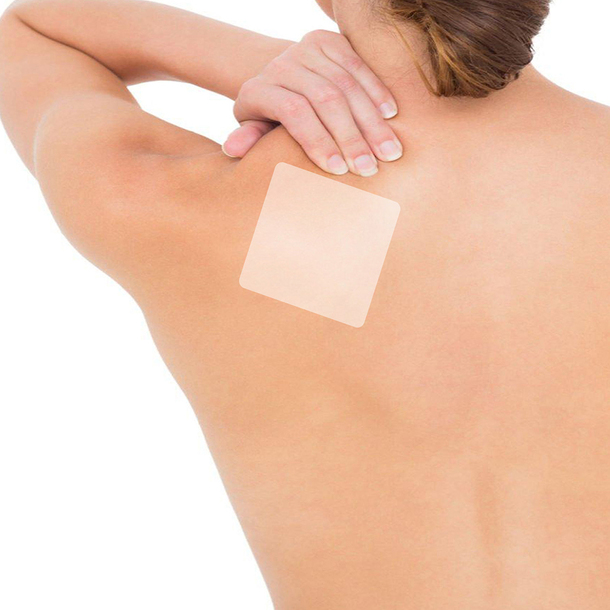Multivitamins For Women With Iron Deficiency
 |
| Multivitamins For Women With Iron Deficiency |
Iron deficiency is one of the most common nutritional issues affecting women, particularly during their reproductive years. Menstrual blood loss, pregnancy, and certain dietary habits can significantly reduce iron levels in the body, leading to symptoms such as fatigue, weakness, shortness of breath, and pale skin. In such cases, choosing a multivitamin that includes iron becomes essential to restore balance and improve overall health.
Multivitamins for women with iron offer a convenient way to address iron deficiency while also supporting other vital aspects of a woman’s health. Iron is crucial for producing hemoglobin, a protein in red blood cells that carries oxygen throughout the body. Without enough iron, the body cannot produce sufficient healthy red blood cells, leading to iron-deficiency anemia. A well-formulated multivitamin ensures that women not only receive iron but also other supportive nutrients that aid in its absorption and utilization.
Vitamin C, for example, plays a significant role in enhancing iron absorption. A multivitamin that combines iron with vitamin C allows the body to more effectively absorb non-heme iron, the form typically found in plant-based sources and supplements. This combination is particularly beneficial for vegetarians and vegans, who may struggle to get enough iron from food alone.
In addition to vitamin C, B vitamins such as B6, B12, and folic acid are important in the production and function of red blood cells. These nutrients work together to support energy metabolism and prevent symptoms like fatigue and brain fog, which are common in individuals with low iron levels. A multivitamin that includes these B vitamins can provide comprehensive support for women dealing with iron deficiency.
Women with iron deficiency should also consider the type of iron included in their multivitamin. Ferrous sulfate, ferrous gluconate, and ferrous fumarate are common forms used in supplements, each with varying levels of elemental iron. Some forms may be gentler on the digestive system and less likely to cause constipation, a common side effect of iron supplementation. Choosing a multivitamin that uses a well-tolerated form of iron can improve adherence and long-term success in managing deficiency.
Multivitamins with iron are especially useful for women who are pregnant or planning to become pregnant. During pregnancy, iron requirements increase to support the developing fetus and placenta. A multivitamin designed for prenatal use often includes the recommended dose of iron along with folic acid and other essential nutrients for maternal and fetal health.
Even for women who are not pregnant, those with heavy menstrual cycles, low-energy levels, or a diagnosis of anemia can benefit from incorporating an iron-rich multivitamin into their daily routine. It is always wise to consult a healthcare provider before starting any new supplement, especially to determine the appropriate dosage and rule out underlying health conditions.
In conclusion, multivitamins with iron provide a targeted and effective way to combat iron deficiency in women. By offering a balanced blend of iron, absorption enhancers like vitamin C, and supportive nutrients, these multivitamins help restore energy, improve blood health, and promote overall well-being.



Comments
Post a Comment